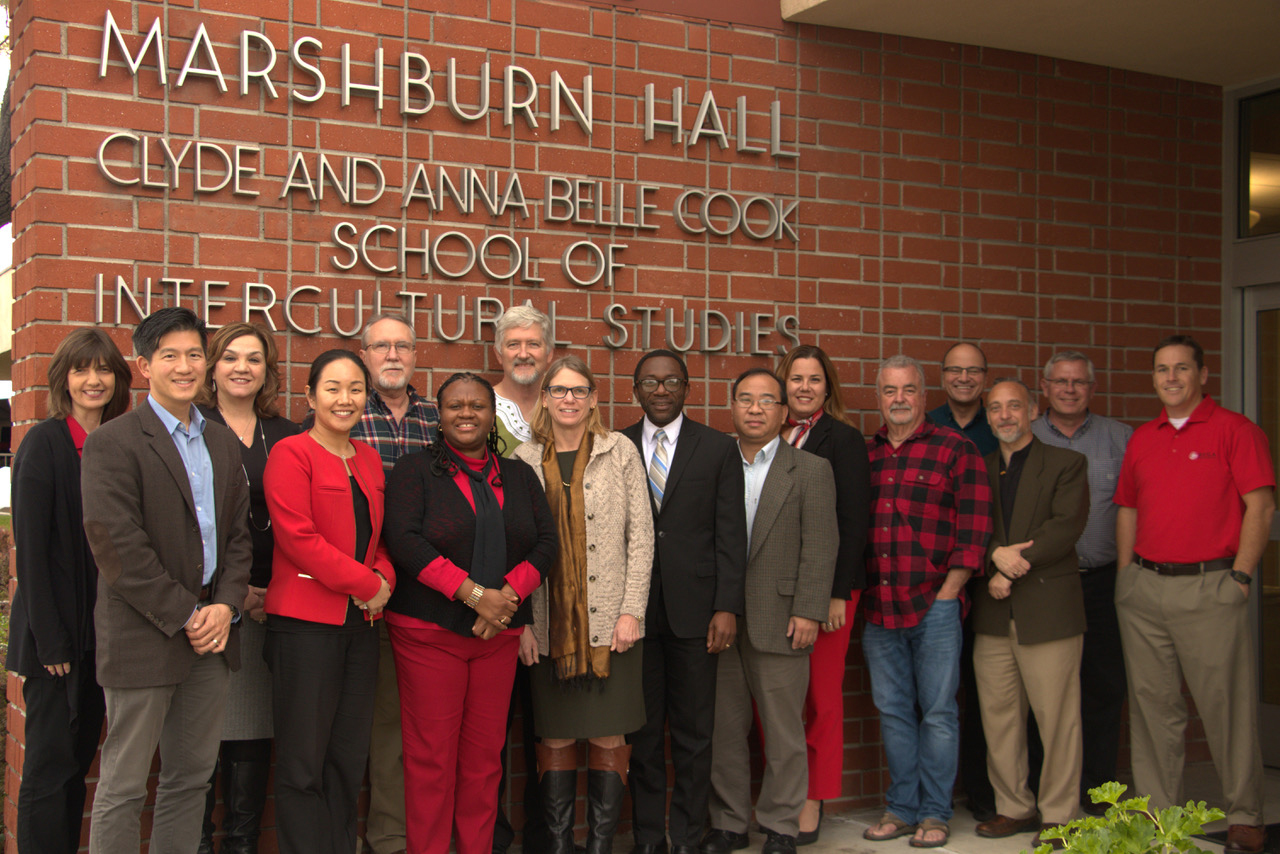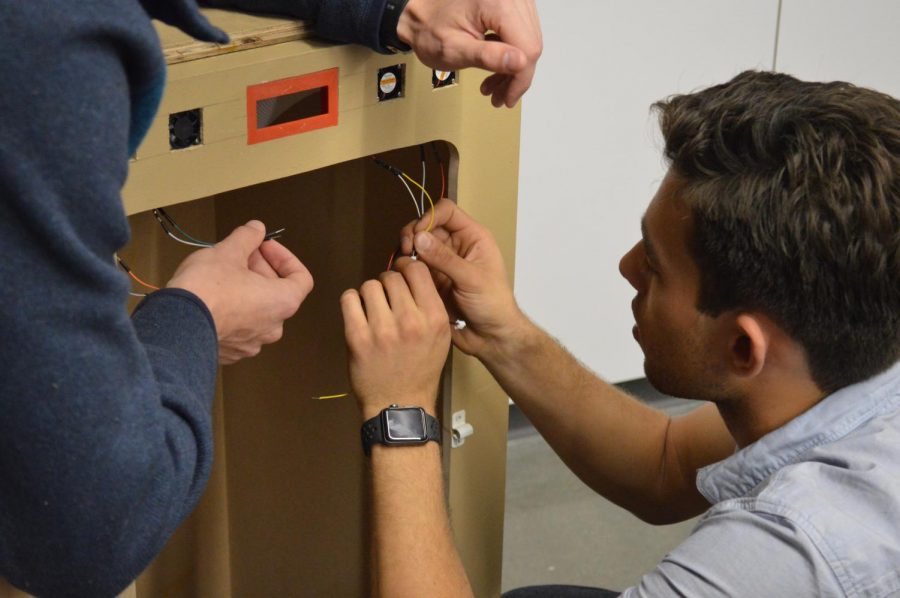(This story was originally published in print on Oct. 3, 2019).
Over the summer, anthropology majors were surprised that the Department of Anthropology had shut down. Due to budget cuts, the President’s Cabinet made the decision to phase out a number of academic programs. After the cabinet found the number of enrolled students in the anthropology program had depleted over the past two years, it was time to bring the department to a close.
ANTHROPOLOGY DEPARTMENT SHUT DOWN
Bulus Galadima, dean of the Cook School of Intercultural Studies where the anthropology program was housed, indicated that the number of enrolled students had played a major factor in the program’s shut down. Over the past nine years, the numbers of students in the anthropology department have dropped from over 30 students in 2010 to eight students over the past year.
When anthropology was a full-fledged program, there were five concentrations within the major. Now anthropology is only offered as a concentration under the Intercultural Studies major. Considering the shortage of anthropology students, the school has decided to cut the number of anthropology classes significantly.
Cordelia Nelson, a sophomore studying intercultural studies, faced the conflicts of having limited class choices due to the department’s closure.
Nelson believes the intercultural studies major is more missions-centered than the anthropology program was. She adds that she had originally chosen to major in anthropology instead of intercultural studies because of its broader approach to the study of culture.
“I believe anthropology is culturally open and that every culture has a reason to believe what they believe,” Nelson said. “I like taking a look at things in a more holistic point of view.”
AN ALUMNI’S PERSPECTIVE
Joseph Morales, a graduate of the anthropology program, attested to the effectiveness of the program.
“Anthropology became a program here because there is a need to train missionaries and to think anthropologically,” he said.
After receiving experience in the anthropology field as a student, he has witnessed much of how the values of missions and the ways of thinking have been intertwined.
“I still hope that anthropological theory still gets respected and used around other departments,” he said.
THE FUTURE OF ANTHROPOLOGY
As students advance in their anthropology studies through the intercultural studies department, faculty members are helping students continue to progress. Out of the care for their students, Galadima said his faculty is committed to the promise they have made to anthropology students as they acclimate to this change.
“We are choosing to make sure that every student is helped,” he said. “Dr. Kevin Pittle and the rest of our teachers would continue to do everything that we normally do with the students as if we still have the larger program.”
One of the surviving aspects of the anthropology program is the Mammoth Site, which Galadima said will carry on in the absence of the department, as it will open the floor for anthropology students to step into fieldwork. According to Galadima, students have been studying a mammoth bone that was discovered during university construction that occurred over 15 years ago.
As for the future of anthropology, students in the intercultural studies program will continue to provide students with classes that will cater to their concentration.
“There [will] be [a] Cultural Anthropology class that we will continue to teach,” Galadima said. It’s a relevant class and important for people to gain exposure to anthropology.”
As a result of all the changes that have been made, the intercultural studies major has now been characterized as a home for anthropology students. The faculty will continue to fulfill the needs and replace what was lost for the students as they draw closer to graduation in the years to come. With many opportunities to learn coming their way, they say they will continue to press forward as they rely on the intercultural studies department.















